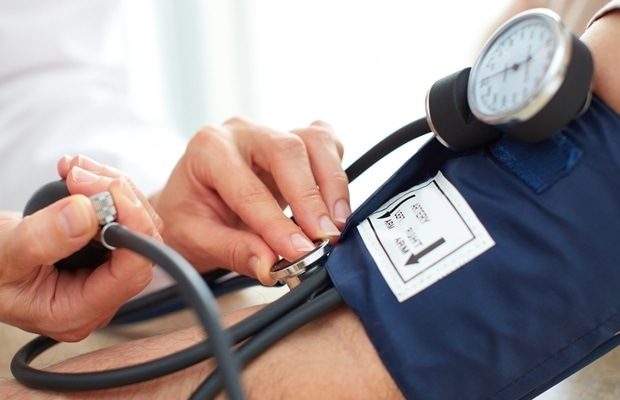Reviewers’ Notes

Self-measured blood pressure control programs help improve hypertension care
Self-measured blood pressure control programs led by community health centers helped at-risk populations, such as those in rural communities or in racial and ethnic groups disproportionately affected by hypertension, achieve a 12.3% increase in their blood pressure control rates from 2020 to 2022, according to early demonstration project findings to be presented at the American Heart Association's Hypertension Scientific Sessions 2023, held Sept. 7-10, 2023, in Boston. The meeting is the premier scientific exchange focused on recent advances in basic and clinical research on high blood pressure and its relationship to cardiac and kidney disease, stroke, obesity and genetics.
This effort is part of the National Hypertension Control Initiative, a three-year grant from the U.S. Department of Health and Human Services Health Resources and Services Administration (HRSA) and Office of Minority Health. NHCI funded the American Heart Association to provide training and technical assistance to 350 HRSA-funded community health centers across the United States who had blood pressure control rates less than 58.9% prior to the COVID-19 pandemic.
HRSA-funded community health centers were guided by the American Heart Association to design and launch blood pressure control programs including the use of self-measured blood pressure in partnership with patients to improve blood pressure control. The approaches are evidence-based, culturally sensitive interventions designed to address the needs of patients disproportionately affected by hypertension, specifically Black, Hispanic and American Indian/Alaskan Native populations. Patients are trained to accurately measure their blood pressure at home on a regular schedule, with a goal of twice in the morning and twice in the evening for three to seven days. This sample of readings is then shared with the health care team, either on a paper log, stored in the electronic blood pressure device memory, or transmitted via blue-tooth technology to inform diagnosis and collaborative treatment decisions.
"Self-measured blood pressure is a tool best used in partnership with patients and health care professionals," said lead author Alison P. Smith, M.P.H., R.N., a consultant to the Association and program director of Target: BP™ for the American Heart Association and American Medical Association. "So far, the community health centers that participated with NHCI have achieved a 12.3% increase in blood pressure control from 2020 to 2022."
Improvements among three examples of community health centers that successfully implemented self-measured blood pressure programs included:
- Blood pressure control improved from 44% to 69% in 2022 among participants at the SWLA Center for Health Services in southwest Louisiana.
- Blood pressure control improved from 53% in 2021 to 70% in 2023 at Canyonlands Healthcare in rural Arizona.
- Blood pressure control rates improved from 55% in 2021 to 74% in 2022 among patients at Via Care in Los Angeles.
The NHCI was able to apply evidence-based hypertension care in ways that were the most relevant to the populations served and within their unique competencies and capacities. The practice changes and improvements in patient outcomes that many centers achieved were notable and inform what is possible when we are systematic in our efforts to improve the nation's blood pressure control, which may ultimately lead to the prevention of heart attacks, strokes and other life-threatening health consequences."
Eduardo J. Sanchez, M.D., M.P.H., FAHA, FAAFP, principal investigator and senior author, chief medical officer for prevention at the American Heart Association
Limitations of the data presented included that each health center had access to the same tools and resources but implemented them in unique ways; that the NHCI began during the COVID-19 pandemic and, it has yet to complete its third year; and that the long-term sustainability of blood pressure control improvements will require more time to evaluate, the authors said.
American Heart Association
Posted in: Medical Condition News | Healthcare News
Tags: Blood, Blood Pressure, covid-19, CT, Genetics, Health and Human Services, Health Care, Health Insurance, Healthcare, Heart, High Blood Pressure, Kidney, Kidney Disease, Obesity, Pandemic, Research, Stroke, Technology